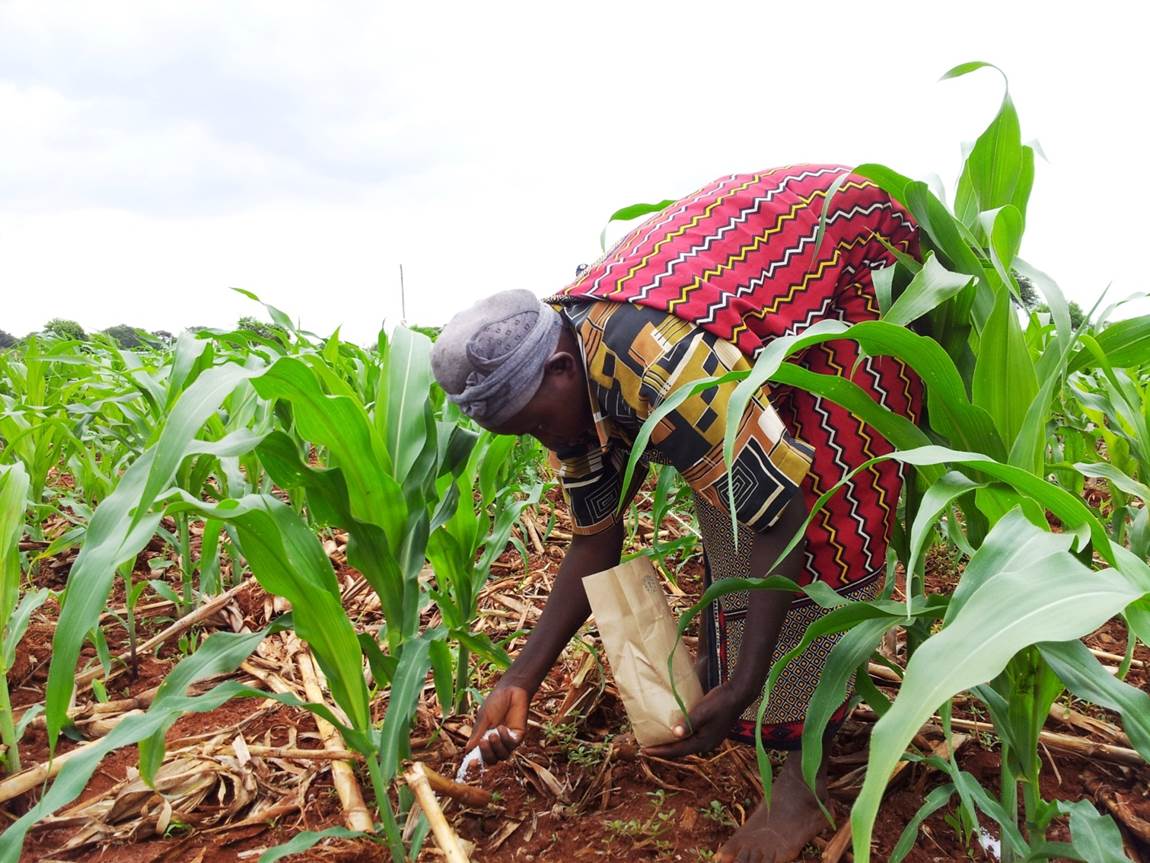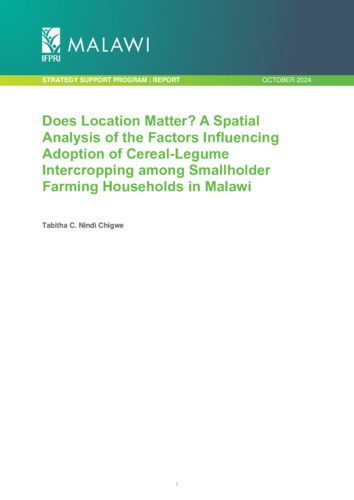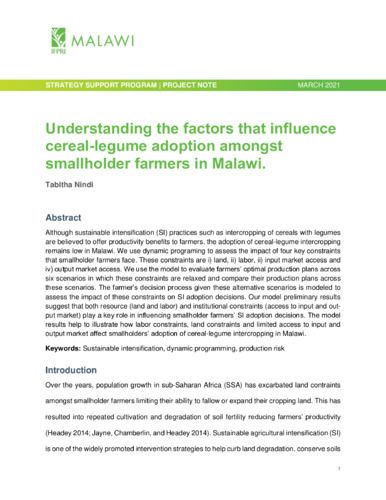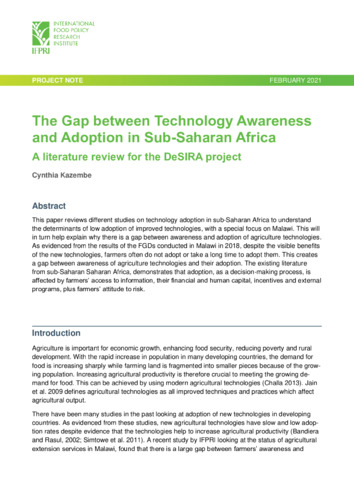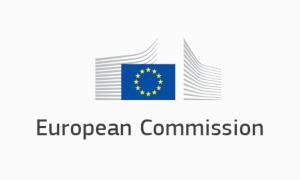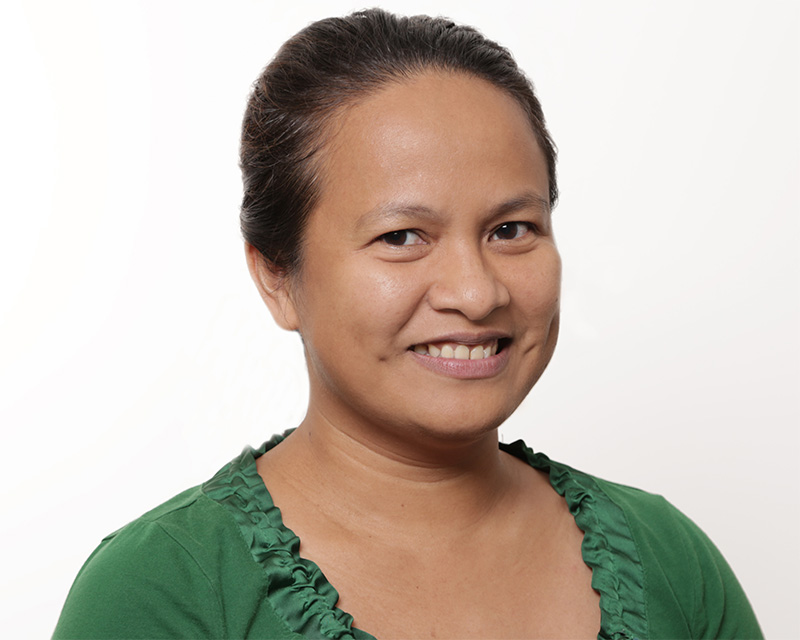The Developing Smart Innovations through Research in Agriculture (DeSIRA) initiative is a five-year agricultural research project funded by the EU. Its main objective is to conduct research and contribute to the climate-relevant, productive, and sustainable improvement of agriculture and food systems in Malawi. The relevance of the promoted agricultural farming practices, seed, and crop varieties will be supported by research findings from both station and on-farm trials.
In Malawi, smallholder farmers face many climate change-related challenges resulting in low productivity and low income, leading to food and nutrition insecurity. Hence, the development of climate-relevant and more productive farming systems appropriate for smallholder farmers becomes even more important. This is especially true in the context of unpredictable climate variability, which poses continuous and varied threats to food, nutrition, and income security in the country. Smallholder farmers constitute more than 80% of the economically active population, producing over 80% of the food in Malawi. Among these smallholder farmers, 60% are women, who also serve as the primary caregivers in rural households. Efforts to support smallholder agriculture are therefore crucial in mitigating the potential negative effects caused by climate change and other challenges. Scientific research innovations can play an important role in the endeavor to achieve sustainable food systems capable of providing diversified, nutritious, and economically profitable food items. Additionally, the research will contribute solutions to the problems of reducing soil quality and combating pests and diseases that affect crops.




